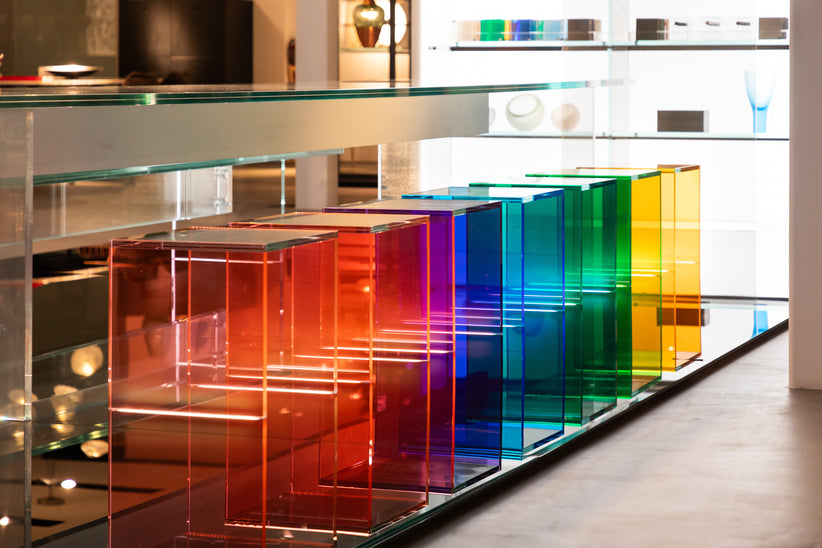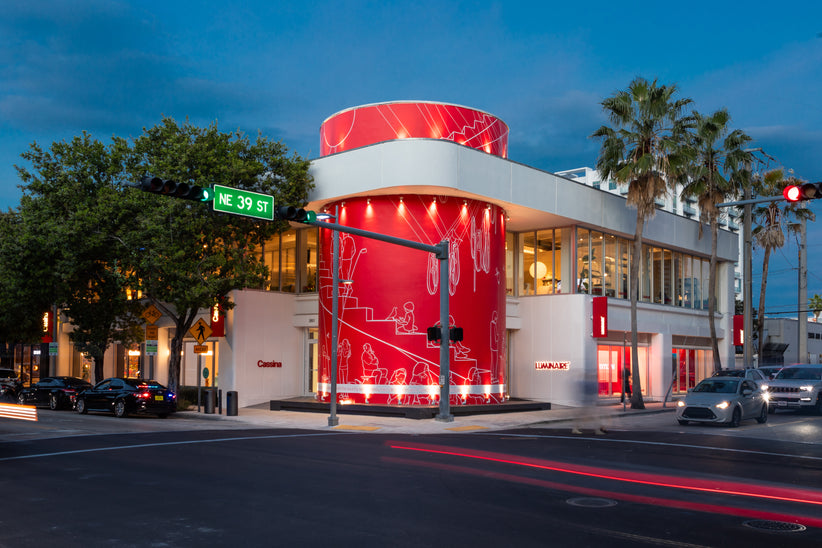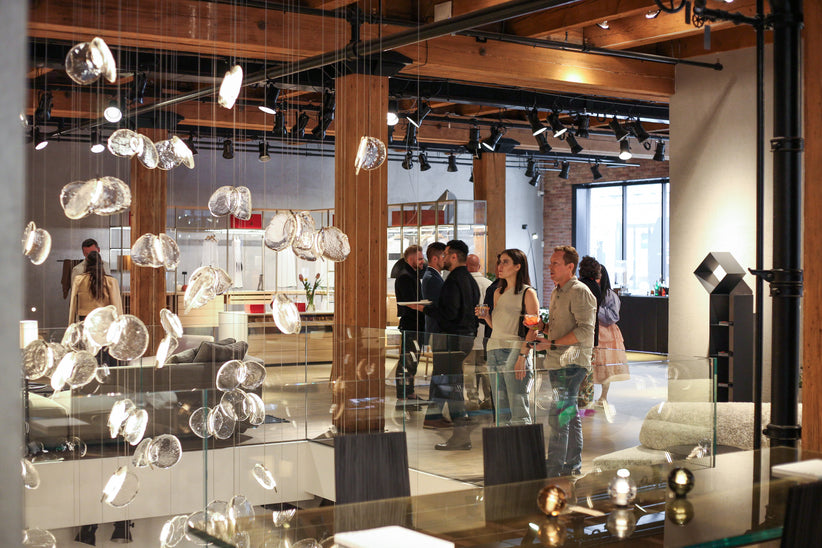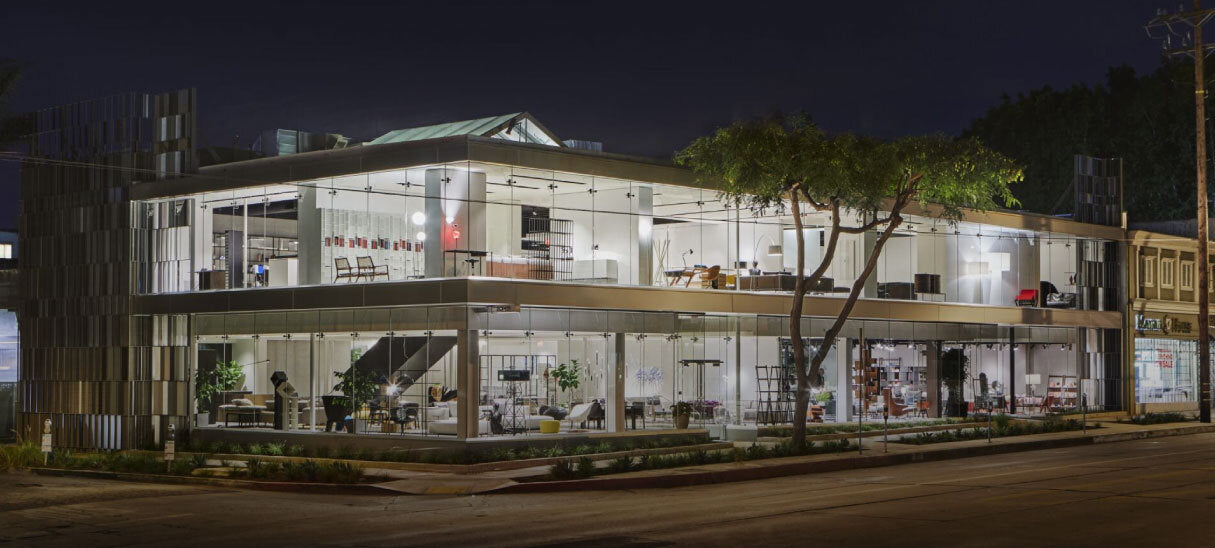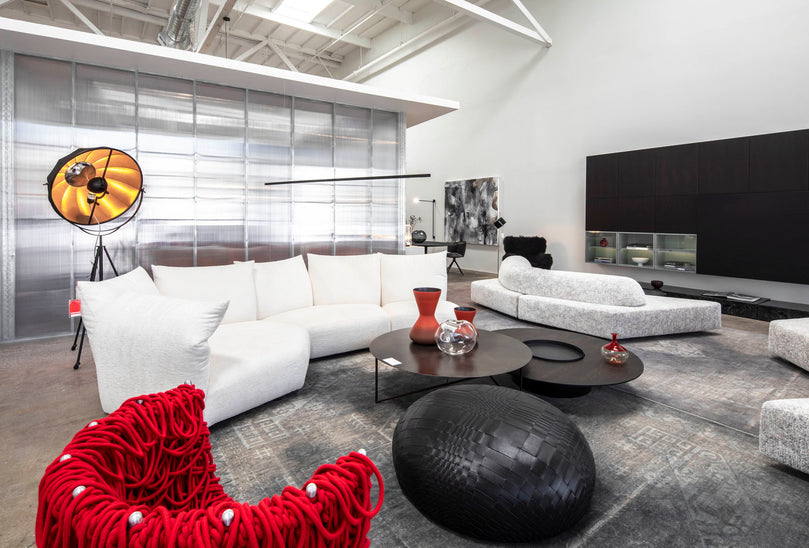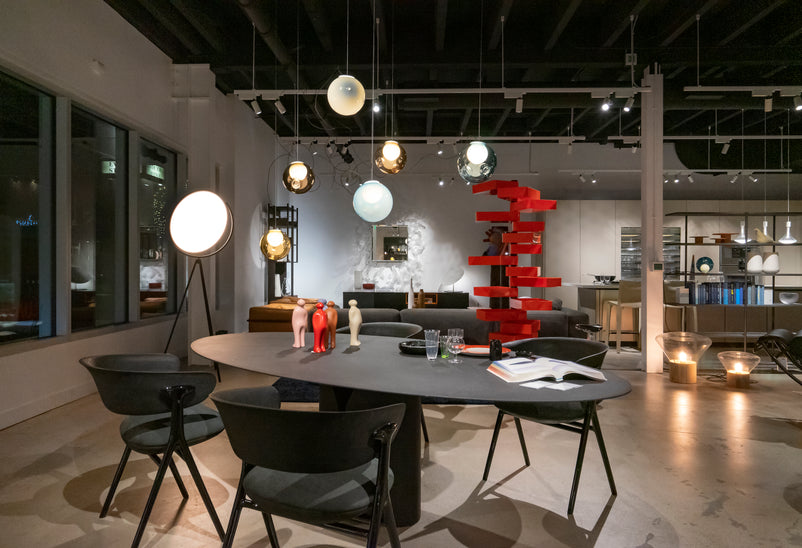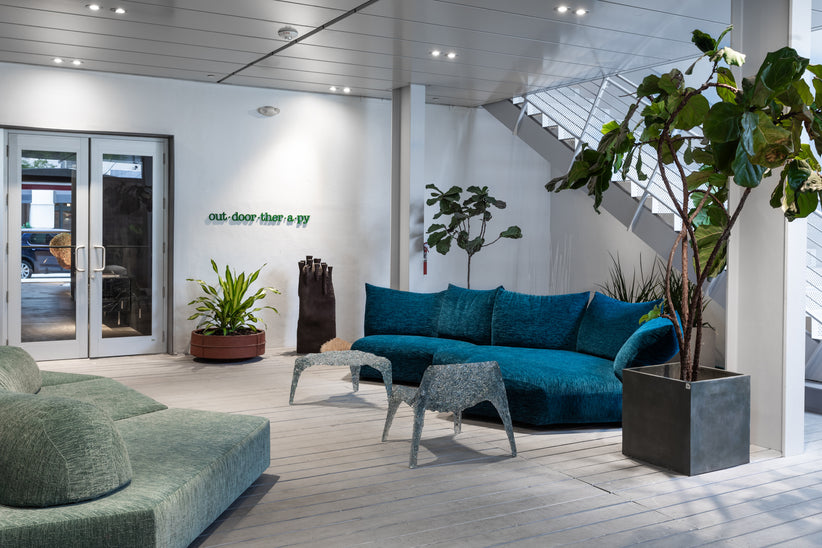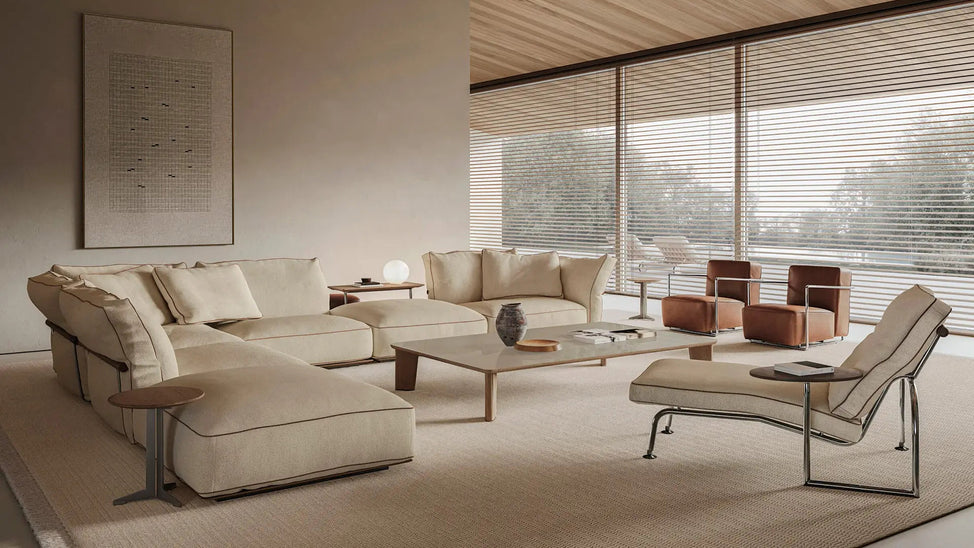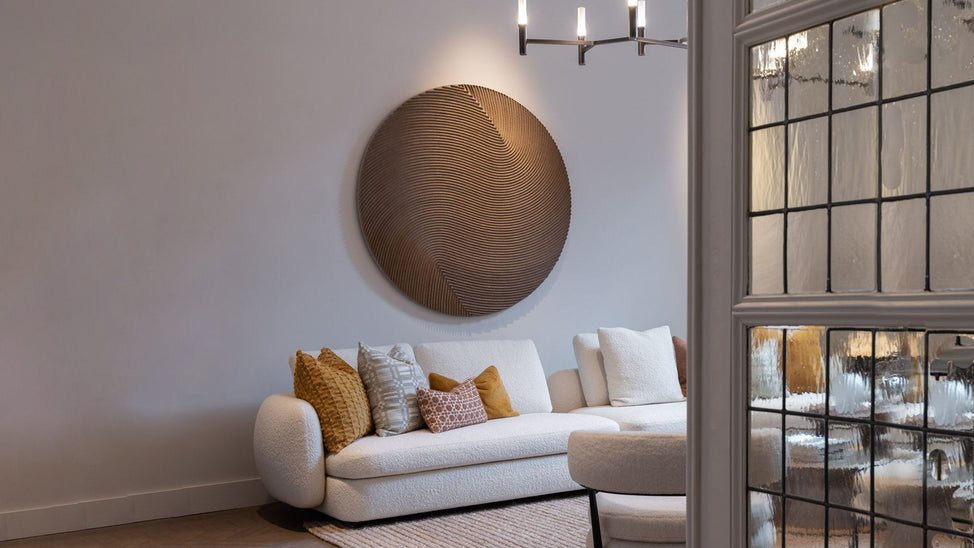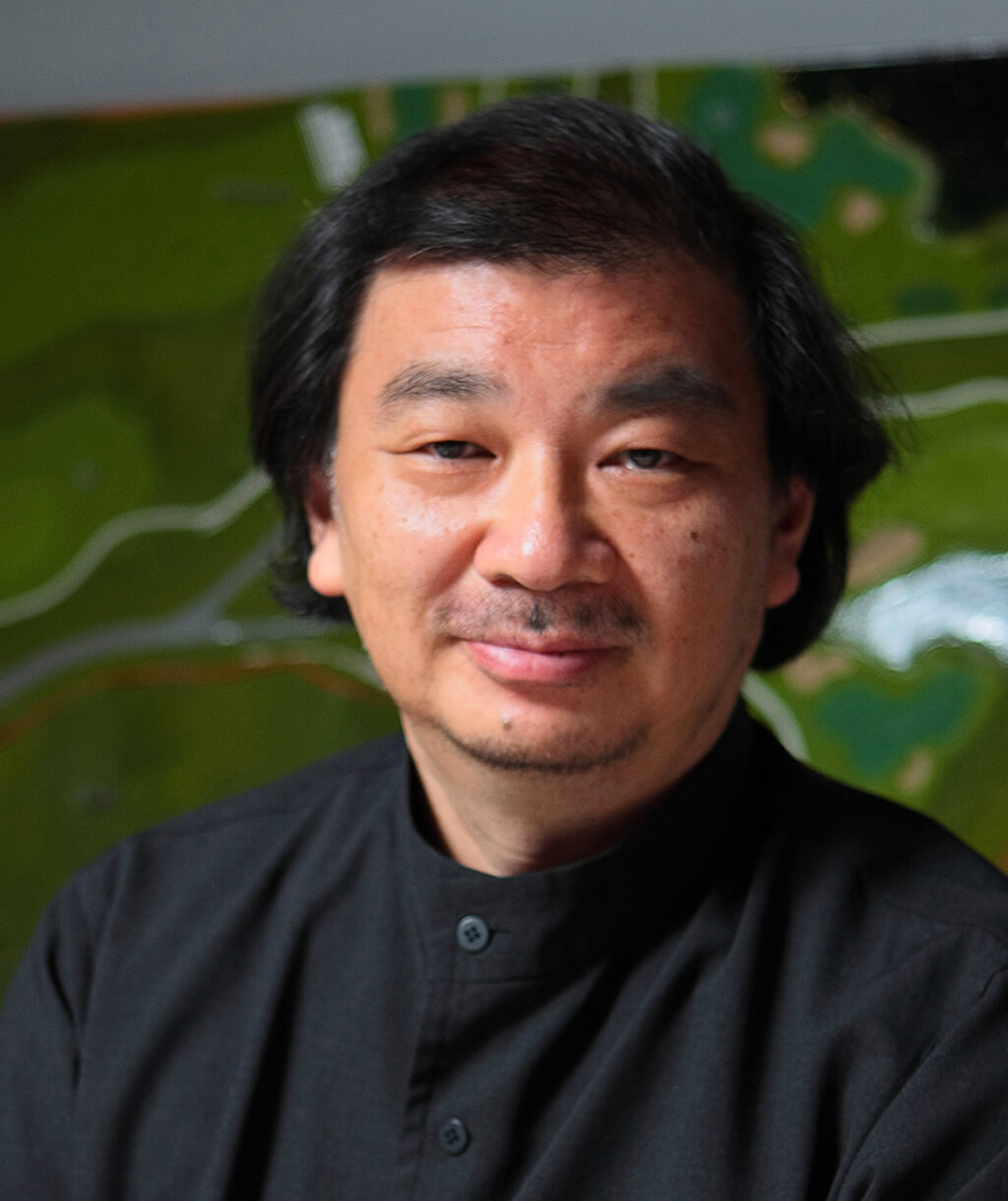Shigeru Ban, the Japanese architect known for his innovative use of cardboard as a building material, has won the 2014 Pritzker Prize for Architecture.
Each year, the honor is typically bestowed on a star architect with a long roster of lucrative commissions around the globe. Ban’s win is slightly different. While he has designed museums, concert halls and residences, Ban is best known for his humble work that focuses on bringing sustainable and economically efficient temporary structures to evacuees and refugees around the world.
Born in Tokyo and educated in the United States, the architect moved back to Japan to start his practice. At the time, Ban says he found the profession’s focus on wealthy clients disappointing, “I’m not really interested in making money. I’m not interested in the design fee. As long as I can make people happy to use my building, I’m happy.”
It was in 1994, after seeing the squalid conditions of Rwanda’s refugee camps, that Ban became drawn to disaster relief projects. When he realized that he could improve the lives of those in need, he traveled to Geneva to work with the United Nations High Commissioner for Refugees on designing prototype tents with paper poles.
Upon winning the award, the architect remarked, “I see this prize as encouragement for me to keep doing what I am doing—not to change what I am doing, but to grow.”
In addition to his ground breaking work in temporary structures, Ban brings his unique design vision to products for the home as well. Available at Luminaire, Ban’s 10 Unit System and Yumi lamp highlight the architect’s sensitivity to materials.
The 10 Unit System combines innovative design with ecologically sound materials resulting in a surprisingly interactive furniture product. The modular system is based on L-shaped units that combine together to form various furniture pieces – a chair, table or bench – depending on the number of modules used. Made of UMP ProFi, an environmentally innovative composite made from recycled wood and plastic, the chair does not forgo any function for its sustainability; rather, the material is extremely durable and resistant.
In addition to the modular furniture system, Ban has designed the multi-award winning Yumi Lamp. Made of an innovative composite material coated with carbon fiber, the graceful floor lamp provides direct lighting.
Each year the Pritzker goes to a living architect whose work has contributed to humanity and the built environment. Mr. Ban will receive a $100,000 grant and a bronze medallion to be awarded on June 13 in a ceremony at the Rijksmuseum in Amsterdam. Previous winners of the prize have included Philip Johnson, Frank Gehry, Zaha Hadid and Norman Foster.
March 2014


